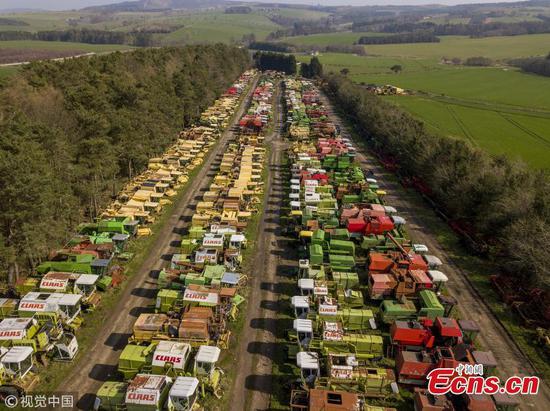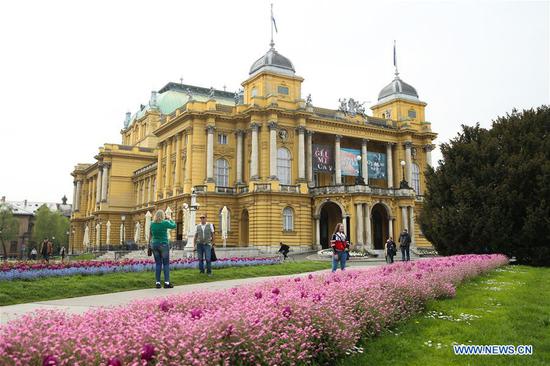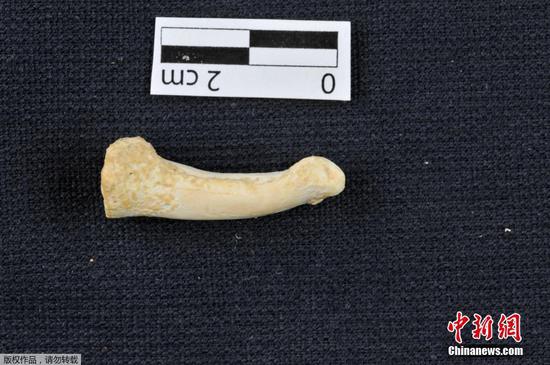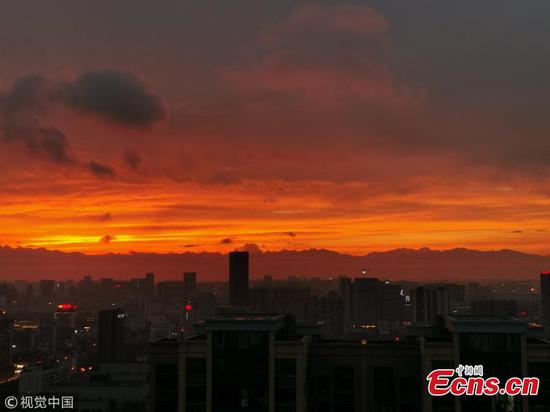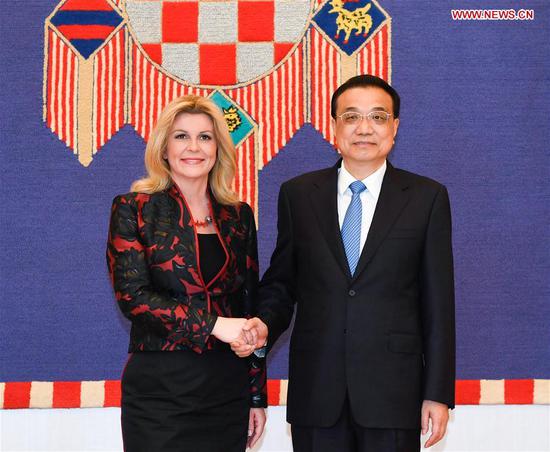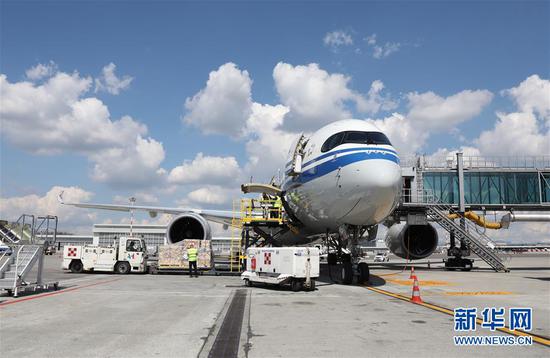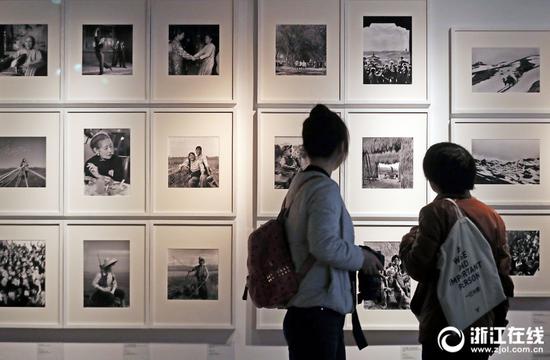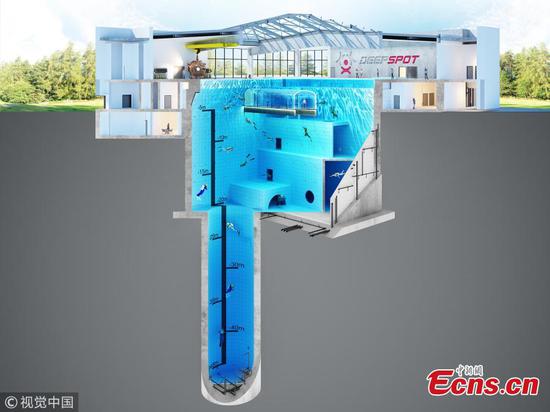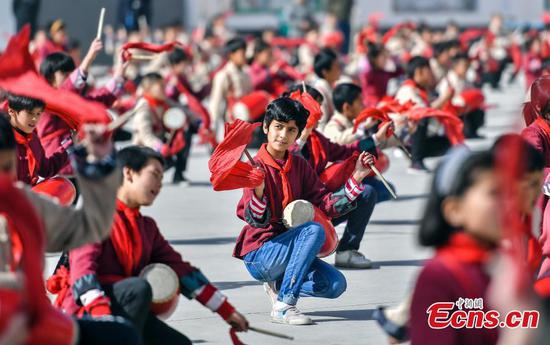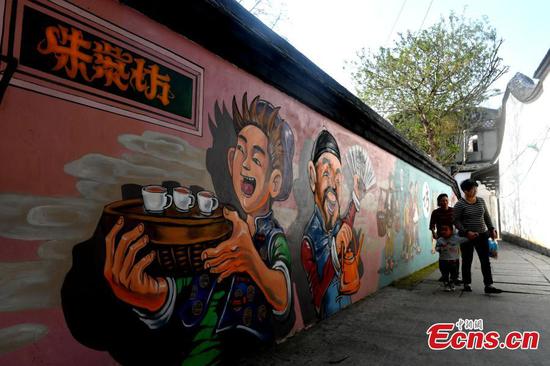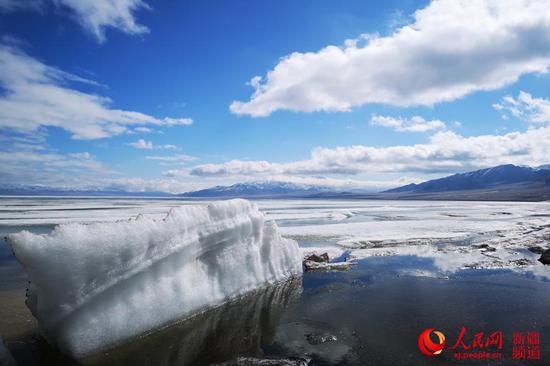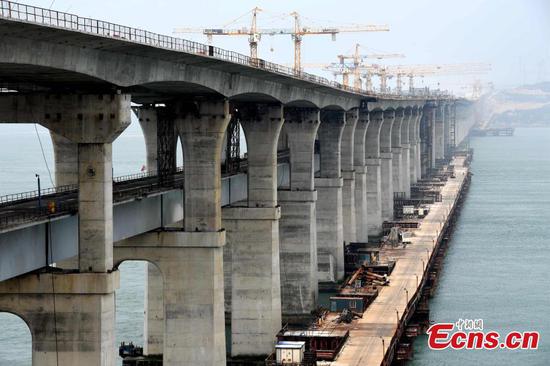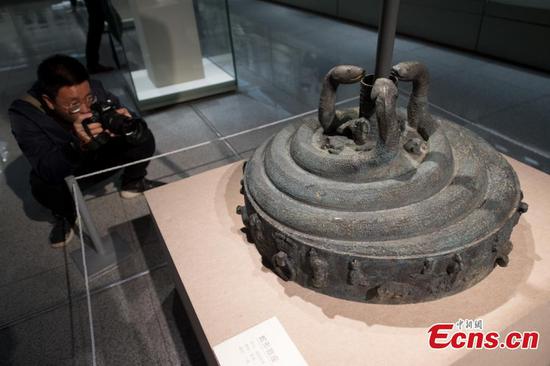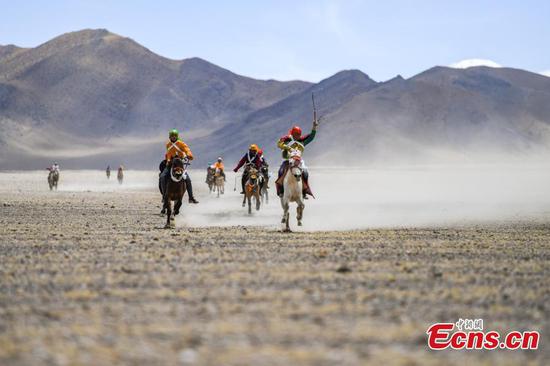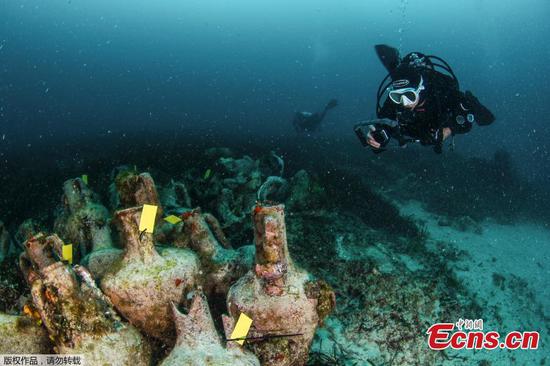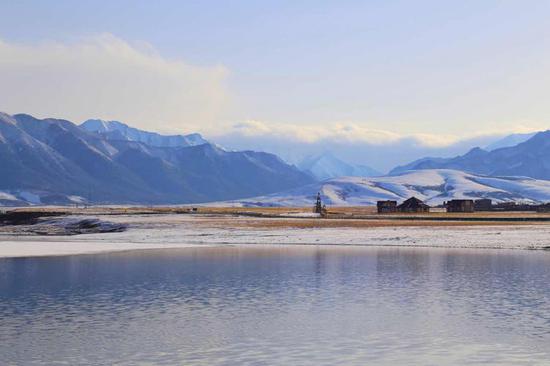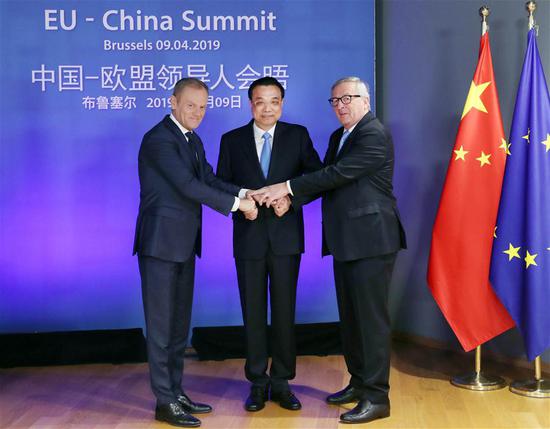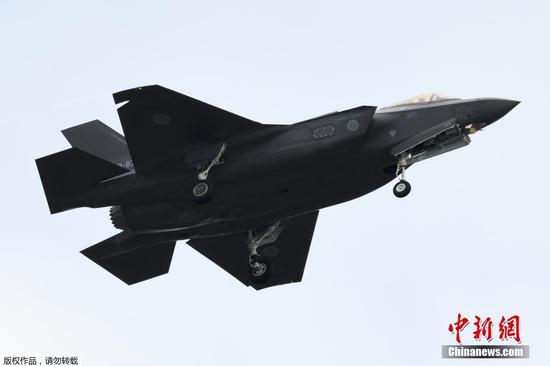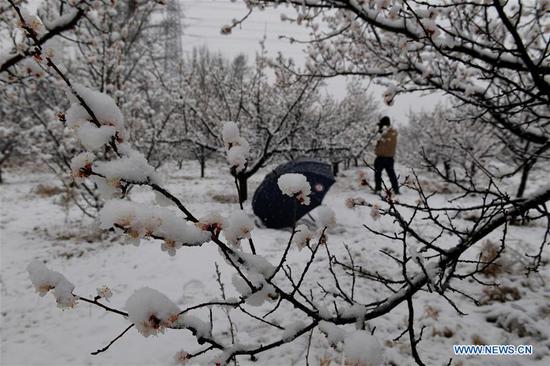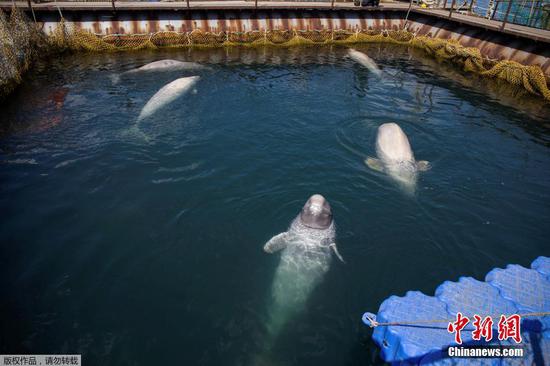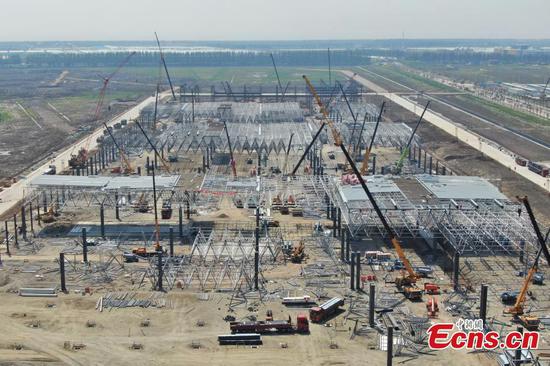Leaders from three major international organizations warned here Wednesday that the slowdown in trade puts the future of poverty reduction at risk.
During a public event at World Bank in Washington D.C., Kristalina Georgieva, interim president of the World Bank, said there is a long history to prove that trade is good for growth, jobs and poverty reduction.
However, Georgieva and other leaders of major international organizations warned that rising protectionism and uncertainty could take toll on the poor, making poverty reduction even harder.
"A slowdown in trade, increased uncertainty also means that it would serve as an additional factor that makes achieving the goal of poverty eradication more difficult," said Georgieva.
Christine Lagarde, managing director of the International Monetary Fund (IMF), echoed Georgieva's opinion at the event, adding that "trade is critically important."
"If you look at low income households, it is by two thirds that their cost of living has been reduced as a result of trade," Lagarde said.
Meanwhile, Lagarde noted that the cost of living in advanced economies and high-income households had also been reduced by 25 percent because of trade.
"So anybody who doesn't want growth should indeed not have trade," she said.
Roberto Azevedo, director-general of the World Trade Organization (WTO), also mentioned that a recent study showed that 63 percent of purchasing power could be lost in the poorest segments of the economy if trade stops completely.
"What really would happen if there was no trade whatsoever? The poorer segments of society would be the ones that will lose the most," said Azevedo.
In order to address the challenges, Azevedo said the first thing that international organizations like the IMF, World Bank and WTO have to do is taking the governments "off the comfort zone."
"We have been putting out studies and say 'look, you guys have a job to do,'" said Azevedo.
As trade tension builds up in recent years, Azevedo said that the WTO itself is working on preserving predictability and inclusiveness.
"So a lot of what we're doing now is about facilitating trade, and try to make sure that trade benefits reach everyone," said Azevedo.









